Register now for your FREE ticket!
Now you can enjoy FREE access to the inaugural INDE.Summit online this August 5th, 2021.
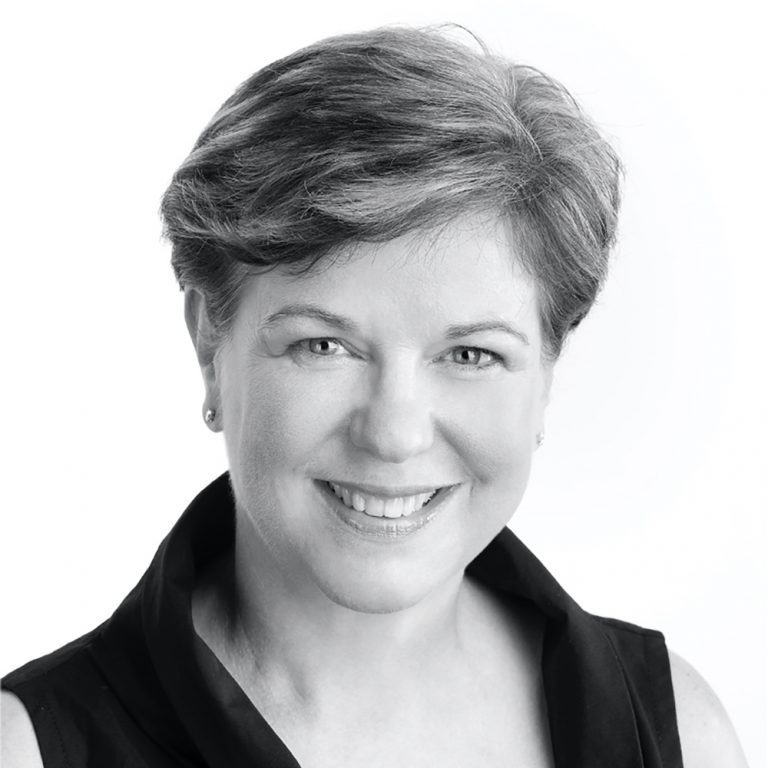
Welcome Address - 09:00 - 09.10 AEST
‘Development’ often goes unquestioned as a force that will deliver advancement, value and growth. But as the realities of climate, equity and health challenges play out locally, regionally and globally, it’s critical that we deeply consider what sort of advancement, value and growth we really need in our part of the world. To ‘undevelop’ is not always the easy option. As architects and designers facilitate and arrange change, so too can they step back, learn the lessons of our neighbours and try to make a difference for the wellbeing of the populace and our fragile environment.
Speaker
Jan Henderson, INDE.Awards
Session 1 - 09:15 - 10:15 AEST
What drives a strong vision for holistic sustainability in a project? How is it financed? What supports and threatens its implementation? The answers and the very framing of the questions will vary with place, budget and regulation, but will certainly allude to how the various players in the built environment industry value sustainability in all its forms. This session will seek out positive examples of sustainable development as a means of finding lessons that could benefit the regional industry as a whole.
Speakers
Stephen Cairns, Future Cities Laboratory
Dr Jeremy Smith, Irving Smith Architects
Iwan Sunito, Crown Group
Emma Teifer, Assemble
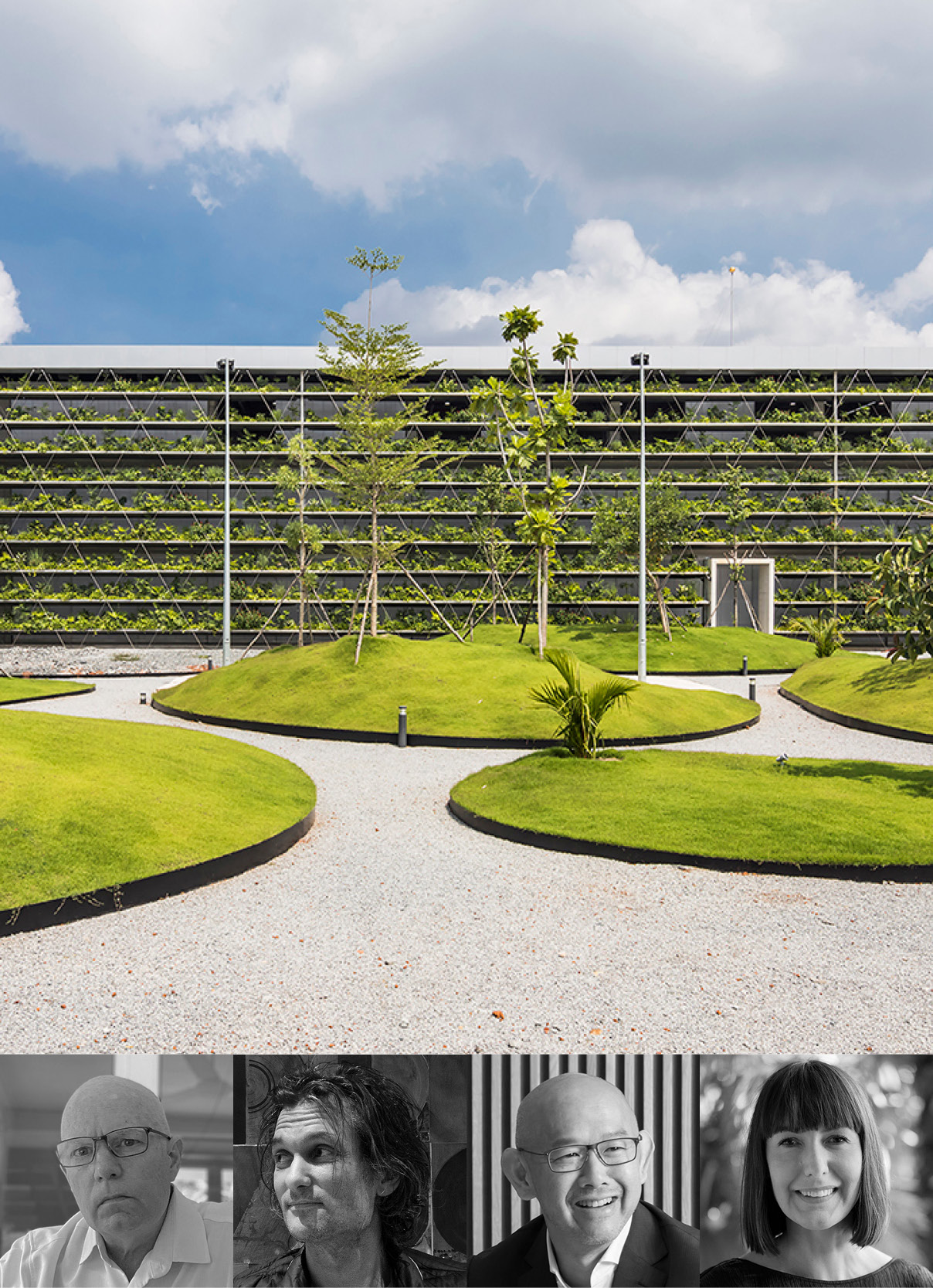
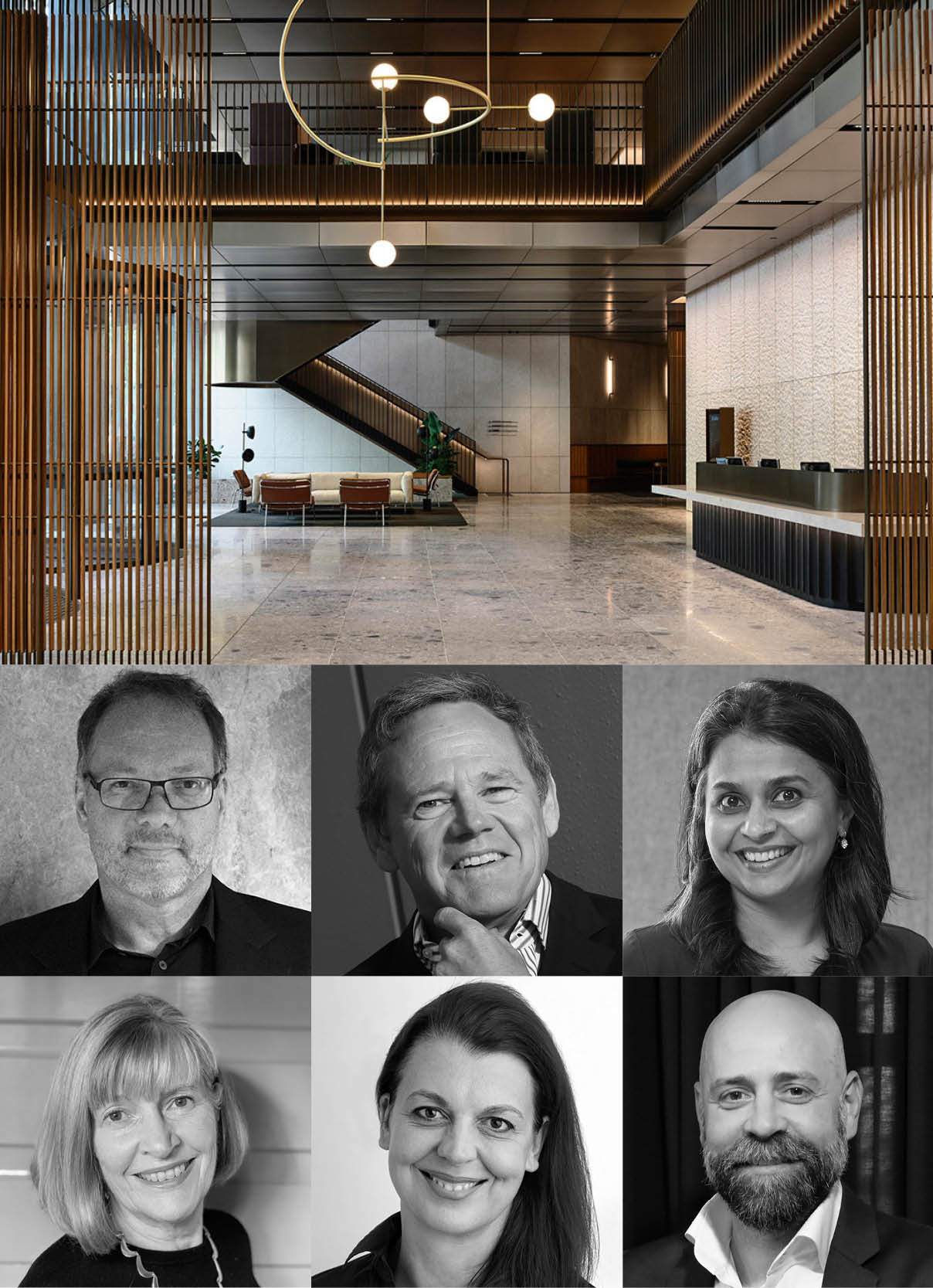
Session 2 - 10:45 - 11;45 AEST
Globally, strategies from one sector of commercial space design are crossing over to influence others. This is creating new opportunities and avenues for the owners, designers and users of spaces. Though many of the drivers of this strategic fluidity are borderless, the cultural inflections of particular places, and the real estate and planning contexts at play, can vary considerably and influence the outcomes. This session will investigate, through regional examples, how global currents are manifesting in the Indo-Pacific and survey the lessons that can be shared between us.
Speakers
James Calder, ERA-co
Mike Day, Roberts Day
Rosemary Kirkby, Rosemary Kirkby & Assoc.
Simone Oliver, Architectus
Session 3 - 12:15 - 13:15 AEST
The vernacular is often complementary to sustainable architecture and interior design. Yet in many cases these days, its manifestation tends toward the gestural. Opportunities for deeper relevance and benefit are overlooked. Similarly, sanitised and packaged versions of heritage, as well as dogmatic preservations of the past, each present their own limitations. Authentic understandings of what the vernacular has to offer the contemporary built environment can positively impact ideas of culture and how people live. This session will explore the lived experience – as opposed to the thin iconography – of culture, place and identity as manifested through a variety of project types in a spectrum of regional locations.
Speakers
Akshat Bhatt, Architecture Discipline
Richard Francis-Jones, fjmtstudio
Leone Lorrimer, GHDWoodhead
Michael Mossman, University of Sydney
Goy Zhenru, Goy Architects
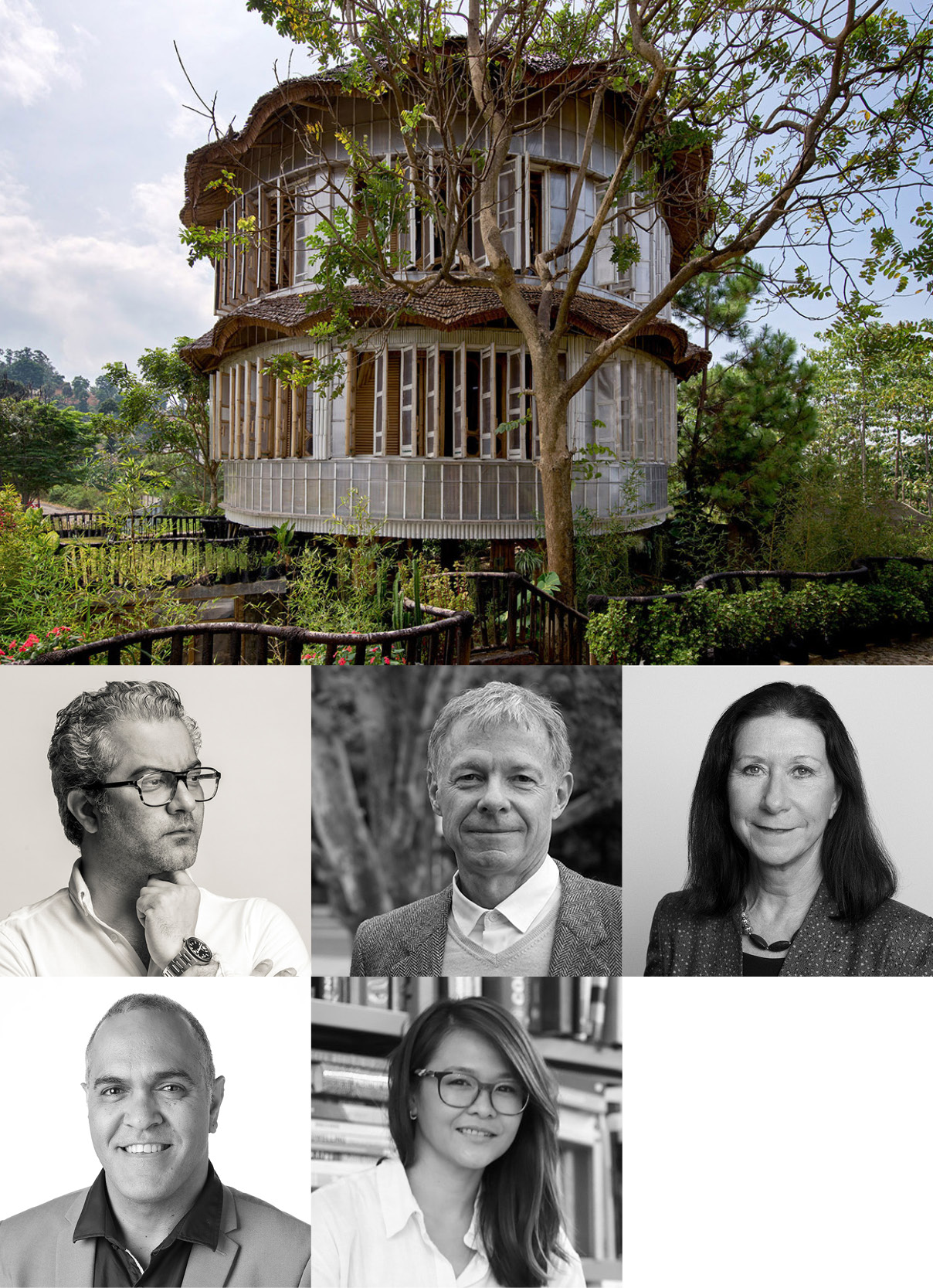
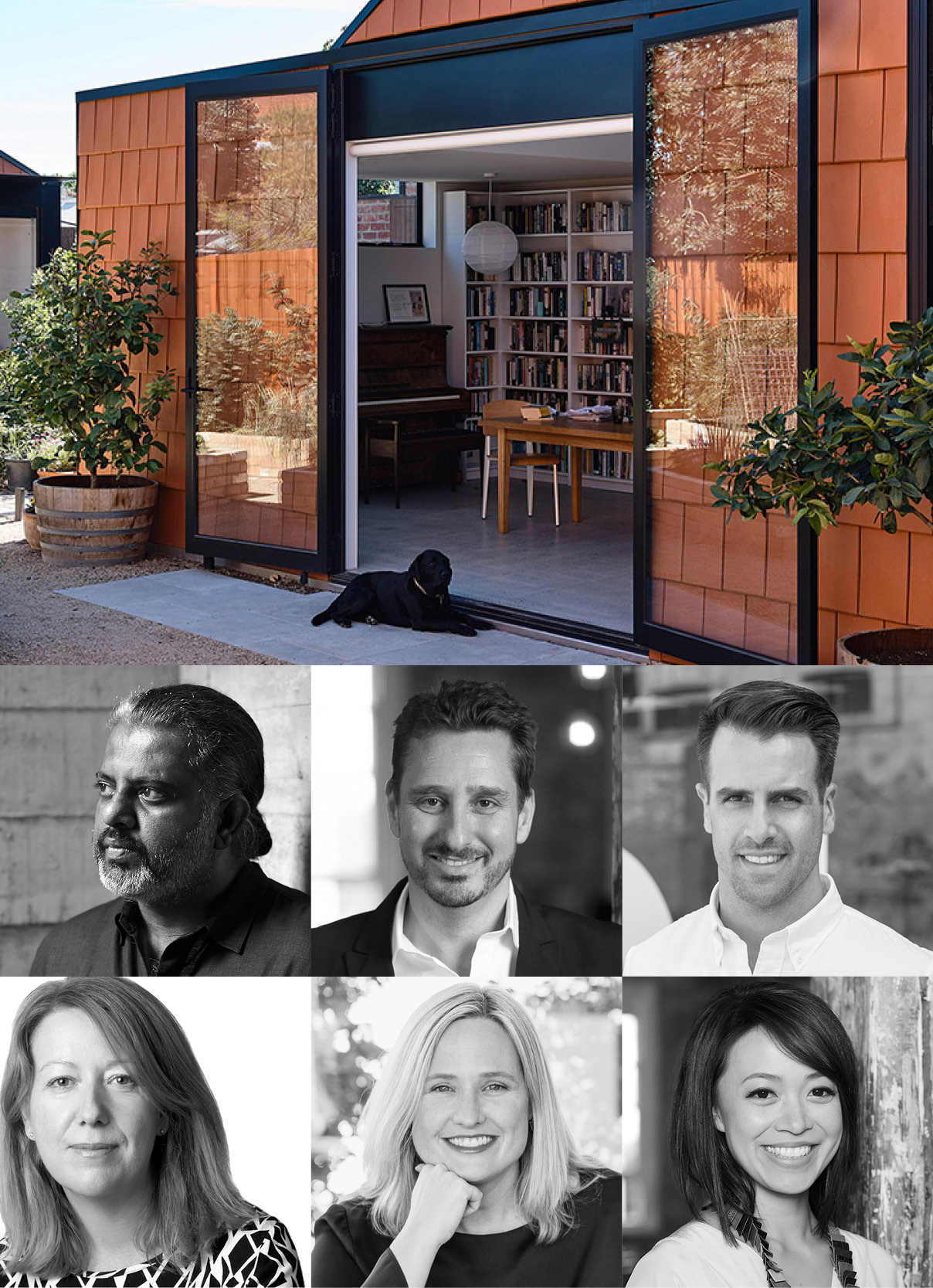
Session 4 - 13:45 - 14:45 AEST
Globally, strategies from one sector of commercial space design are crossing over to influence others. This is creating new opportunities and avenues for the owners, designers and users of spaces. Though many of the drivers of this strategic fluidity are borderless, the cultural inflections of particular places, and the real estate and planning contexts at play, can vary considerably and influence the outcomes. This session will investigate, through regional examples, how global currents are manifesting in the Indo-Pacific and survey the lessons that can be shared between us.
Speakers
Palinda Kannangara, Palinda Kannangara Architects
David Kaunitz, Kaunitz Yeung Architecture
Shannon Peach, Milieu
Amanda Stanaway, Woods Bagot
Gabrielle Suhr, SJB
Ka Wai Yeung, Kaunitz Yeung Architecture
Session 4 - 13:45 - 14:45 AEST
Globally, strategies from one sector of commercial space design are crossing over to influence others. This is creating new opportunities and avenues for the owners, designers and users of spaces. Though many of the drivers of this strategic fluidity are borderless, the cultural inflections of particular places, and the real estate and planning contexts at play, can vary considerably and influence the outcomes. This session will investigate, through regional examples, how global currents are manifesting in the Indo-Pacific and survey the lessons that can be shared between us.

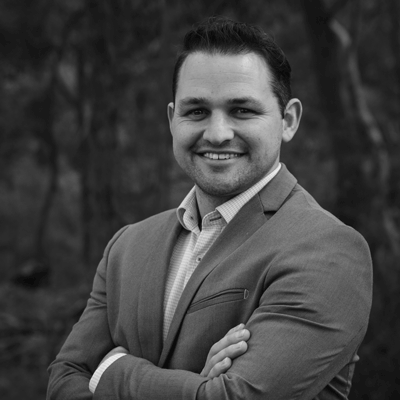
Thursday 3 June, 10:30 am
The civil construction sector has something of a blind spot when it comes to corrosion, despite it being a real and present issue. What then is the most effective approach to corrosion management? What processes should be undertaken to minimise the threat of corrosion and what can alleviate the problem once it occurs?
Read full session details and learning outcomes
John Barker (HBT Insurance Brokers Pty Ltd)
Tim Kennard (A Class Engineering)
Justin Rigby (Remedy Asset Protection)a
Troy Walters (TWC Group Pty Ltd)
Presented by![]()
![]()
Thursday 3 June, 12:00 pm
As technology, process, materials and codes change, product design needs to adapt to this new reality and architects must rely on the ability of the artisan or manufacturer to translate their bespoke ideas into a reality. In this session, we will explore how design works with process to achieve optimum outcomes for both single residences and large commercial buildings.
Read full session details and learning outcomes
Anita Panov (panovscott)
James Perry (fjmt) Tim Phillips (TILT)
Luigi Rosselli (Luigi Rosselli Architects)
Presented by![]()
![]()
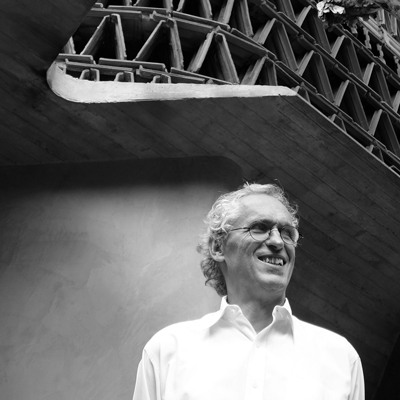
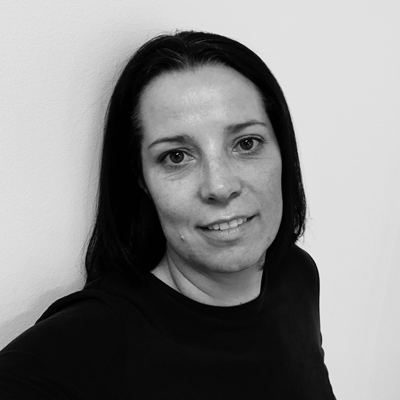
Thursday 3 June, 1:30 pm
Window coverings play a crucial role in ensuring that commercial buildings are sustainable. The most recent update to NCC 2019 reflects this fact. This session will explore NCC 2019 Section J and will provide an understanding of window covering options and how to evaluate them for design, functionality and energy efficiency.
Read full session details and learning outcomes
Dr. Roberto Minunno (Curtin University)
Alison Peach (Verosol)
Sarah Tyson (Hassell)
Presented by![]()
![]()
Thursday 3 June, 3:00 pm
Wise water management is integral in ensuring a successful built outcome for any project. But what is required when addressing water management and drainage? This session will address this core question and will also examine which products to use, what meets code, how drainage impacts design aesthetics and how to utilise correct systems for a more sustainable future.
Read full session details and learning outcomes
James Huggett (Everhard Industries)
Marnie Morieson (Kennedy Nolan)
Kevin Smerdon (Everhard Industries)
Presented by![]()
![]()
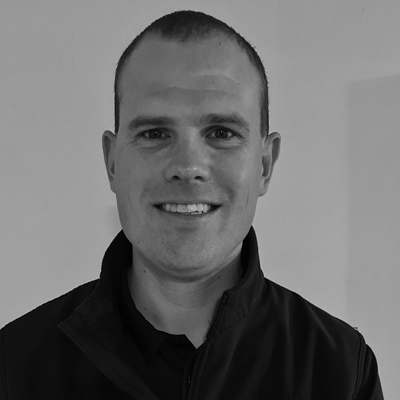
Session Added